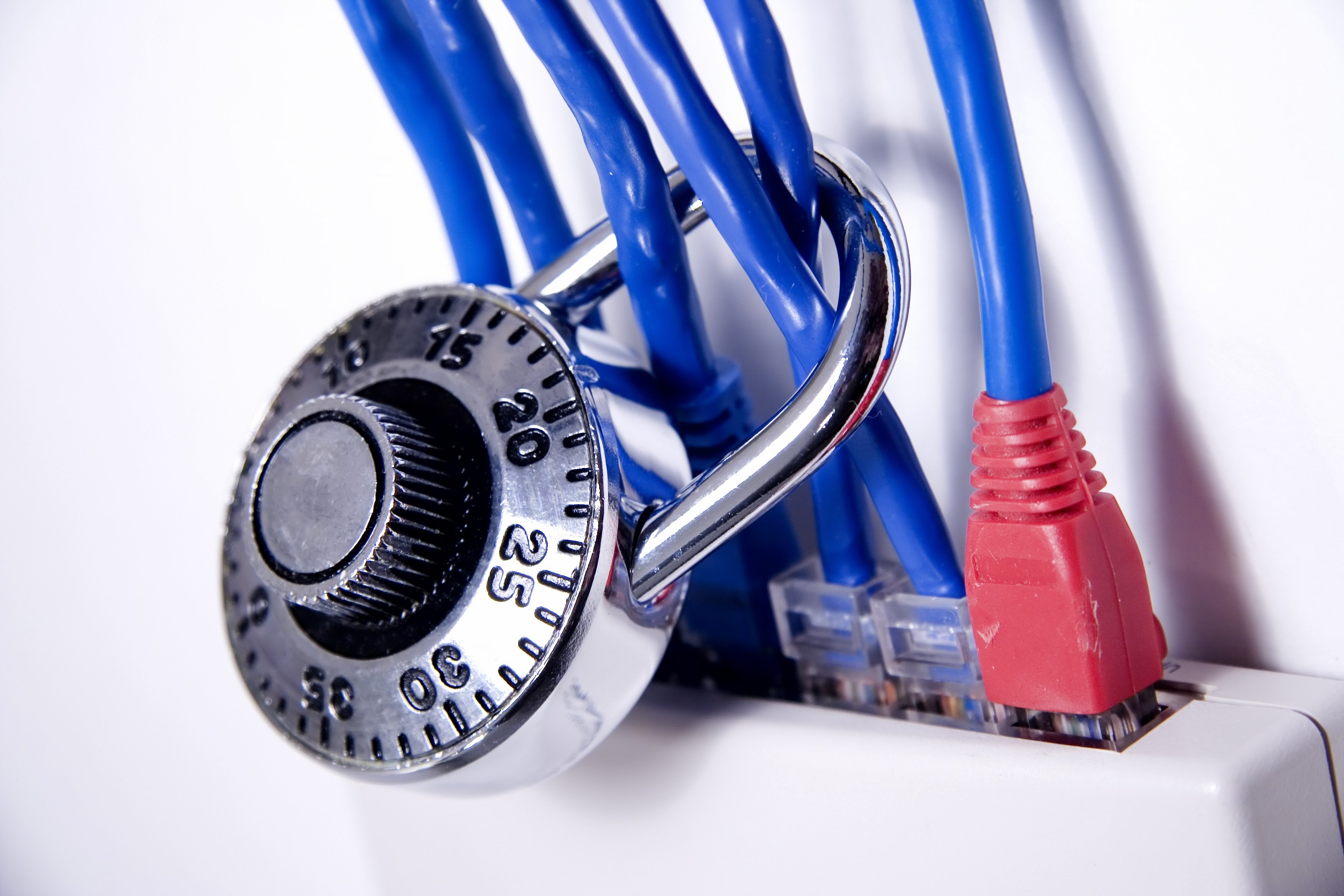3. ANYTHING with a Hard Drive Can Be Hacked
It’s time to broaden your perspective. Too many business owners think only of their computers when it comes to security.
Anything with a hard drive is a potential security hole, and we mean anything! Digital copiers, printers, tablets, laptops, and smartphones are all at risk. And when connected to a network, the Internet, or the Cloud, you open your SMB up to even more risk.
Make sure all of these devices are included in your security policy, or you may as well not have one in the first place. At the rate we use these alternative devices, it should be a no-brainer for you to focus your network security policies on.
Do you want to learn even more about your network security and how your hard drives are at risk? Read our article, IT Outsourcing Solutions: Top 7 Hidden Costs of a Data Breach.
4. SMBs Are Just As At-risk as Large Companies
As we said earlier, your smaller-sized business won't prevent you from being a hacking target. Hackers don't discriminate, trust us.
In fact, your weak security can make you attractive to lazy or less sophisticated hackers – you're low-hanging fruit because many SMBs don't take security seriously.
5. Anti-virus Is Only the Baseline
At the very bare minimum, your business needs antivirus software. However, having only anti-virus software isn’t enough. You need more.
On top of this, anti-virus software is also something you need to make sure you are regularly checking for updates. Software companies release patches more frequently than you might think, sometimes weekly and daily.
6. Passwords
This network security tip is one we can’t stress to you enough. And the best thing about it? It’s so simple to do!
Change your passwords frequently, even more often than you think you should. When choosing a password, include a combination of letters, numbers, symbols, and uppercase letters.
Also, make sure not to use personal passwords as your business passwords. The more unique and different you make your passwords, the harder it’ll be for hackers to get into your accounts and network.
Many tools are available today to help you manage your growing password list.
For example, LastPass is a tool that not only protects your master password list but manages it on all your devices (phones, tablets, PCs, Macs, etc.) and makes it very easy to create all you have to remember is your master password.
7. The Enemy Within
Something you should not ignore: your employees are a security risk, too. Even though it may be accidental, a lot of data loss comes from internal sources of your company.
This tip goes hand-in-hand with not just training your employees on network security but also training them effectively.
You can’t expect your employees to know and understand the network security policies you’ve implemented without explaining them. They need to know just as much as you do about the security of your network so they can assist you in keeping your business safe and secure.
8. USB Ports
Believe it or not, the USB devices you plug into your computer, laptop, or printing device can easily become infected.
The firmware of a USB stick can be infected with virtually undetectable malware. I don’t know about you, but that isn’t very comforting to me.
Even though cloud file exchange is growing in use for sharing documents, portable USB sticks are still valuable and common.
Be aware of the dangers of any device you plug into your computer, not just a USB stick, and establish a company-wide policy for using a USB device. Check with an IT technology consultant about the latest network monitoring tools for USB ports.
9. Get Physical
Many small (and large) businesses forget the importance of protecting the building(s) they are working out of. Just because you protect your network through wireless efforts doesn’t mean you can slack in other areas.
Don't forget physical security; you can secure access to your company servers and your offices with key cards, locks, and even video surveillance if your business is open late.
We believe the more security you have in place, the better. You really can’t go wrong with “too much” security. Just make sure that your security protocols and tools restrict you or your staff from doing business.
10. There's No Such Thing as 100% Security
We hate to say it, but honestly, there really is no such thing as 100% security, especially since security threats change weekly. There's always a race between security pros and cybercriminals.
Unfortunately, sometimes the cybercriminals are ahead in the race. Plus, new technology always creates new security concerns by creating new security holes available to hackers.
Security is a constant, never-ending battle, so never think you're “finished.”
The Final Say: Network Security for Your SMB
You probably don't have the time to do all of this yourself—even if you have the expertise. If your business is large enough to have a good, though small, IT team, they should cover most of these items. However, it never hurts to double-check with them.
Even good IT teams have a hard time running and securing your network and serving as internal IT help desks and jacks of all trades for your employees. You can outsource the headache of network security to an expert third party; a well-qualified managed IT service partner.
Topics:




